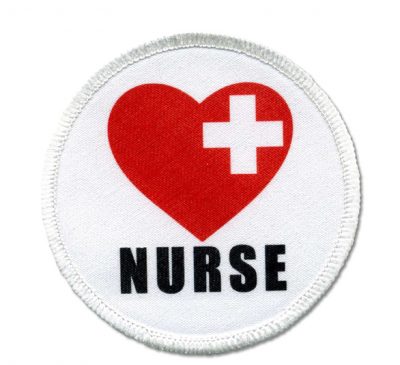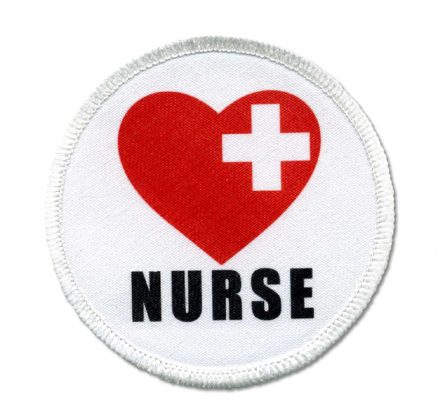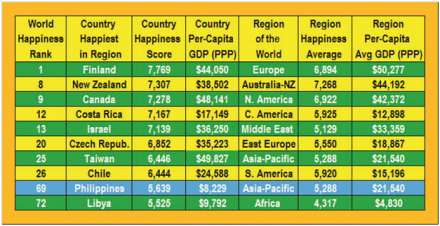NEW YORK, Sunday, September 09, 2018 – In the truest sense of the word, while ‘know who’ is a plus factor in success as a professional besides the essential knowhow, the United States is essentially a meritocracy. All immigrants who have done well, will attest to this.
College graduates with several years’ experience in a profession and the desire to learn what are the latest advances in their fields can succeed, and are being rewarded handsomely, as we cite one real-life example below. The caveat: they absolutely need to be aware in which fields in the U.S. there’s a lot of current and growing demand for professionals with the right qualifications.
Generally, the healthcare field here is doing quite well, adding lots of jobs. When we at Biz India Online News (www.BizIndia.net) were tracking U.S. unemployment rates during the most recent recession, healthcare was the only bright spot (unlike other sectors of the economy) where workers were not being laid off.
There are several reasons for the rapid growth of U.S. healthcare: the number of elderly people has been growing, even as the average family size is declining. Among the nearly 330 million people living in the U.S. today, 33 million or one in 10 are over the age of 65, and on average can expect to live to be 85 or older. Also, Americans overall are older, with a median of 38 (compared to just 24 for Filipinos) according to the CIA World Fact Book.
Within healthcare one of the largest professional groups is nurses. There are about 3.5 million nurses in the U.S. today according to a Wikipedia article we’ve read, of which about 2.8 million are registered nurses (RNs) and the other 700,000 are licensed practical nurses (LPNs). Of these 3.5 million nurses, around 260,000 are Asians, with 90 percent of them or 235,000 being in the higher-income category of registered nurses
I spoke recently to a Filipina nurse Riza Castro whom I had met a few years ago, to find out how she is doing. I asked her whether she had faced any racial discrimination, career challenges, obstacles to advancement in her position or responsibilities, or compensation shortcomings, compared with her American counterparts. She said there were no issues at all for her.
Riza worked two years in the Philippines after her graduation from UE College of Nursing, then came to the United States in 1989. She has worked for 29 years at two well-known hospitals in Central New Jersey. She studied for, then received a certification as a neonatal nurse, qualified to care for prematurely-born babies in an intensive care unit, where she currently works.
Her annual earnings are now in the six figures due not only to her education and many years of experience, but also because of her specialist training.
Like her, based on personal experience, many Filipino nurses (as well as Americans and those of other ethnic origins) work very hard, and for long hours. Nurses are like angels and in general are well-known for their deep-seated caring and concern for their patients, attending to their needs, and keeping the physicians aware of important changes in their medical condition. I asked her what she could share to guide aspiring Filipino nurses desiring to immigrate to the United States, to be successful in the nursing profession, and she made these three key points:
- Keep an open mind to all sorts of sage advice from experienced nurses, all available opportunities, and offers in the field of nursing from prospective employers.
- Face all challenges head on, and learn about the latest findings and data from research studies, keep abreast of advancements in technology, and be updated on the latest options for more effective treatment of patients’ condition.
- Specialize in an area of your choice and liking, acquire additional skills, and for sure, get the necessary certification that is essential to growth in your career and your income.
Salaries and benefits, advancement opportunities, and demand levels vary widely for nurses, depending on which state you want to work in, and if you can get used to its often changing weather and seasons, contrary to just the dry and the wet season in the Philippines.
The website Wallethub ranks U.S. states based on two factors – opportunity and compensation rank, and work environment rank. It then gives each state a total score. The top-ranked states with highest total scores are: Maine, Montana, Washington, Wyoming, and New Mexico.
Among the top five states for opportunity and compensation, four are in the West Coast and one is in the South. Ranked 1 to 5, they are: Wyoming, New Mexico, Nevada, Florida, and Montana. On the other hand, work environments are best found in five completely different states, with three on the East Coast, and one each in the West and in the Midwest. They are from 1 to 5: Minnesota, Maine, New Hampshire, Oregon, and Maryland.
Armed with this information we have presented here to you, coupled with insight from a successful specialist Filipino nurse here, you can, with your own determination and drive, get the job you desire, garner the valuable experience needed, acquire specialist training in the area you want, necessary for your advancement, study for and pass the required certification exam, and be on your way to a highly rewarding career as a nurse!
Kumar (Kem) Balani has a dual background in business and journalism. He owns a company that previously exported American brand-name products to the Far East. He is founder and currently publisher of BIZ INDIA Online News (www.BizIndia.net) that followed the print publication BIZ INDIA Magazine begun in 2002. He lived in Manila from 1960 to 1974, obtaining an AB Journalism degree from the University of the Philippines at Diliman in 1972. He then got an MA in International Politics in 1977 from New York University.
This article first appeared on September 9, 2018 in the Daily Tribune in the Philippines.








